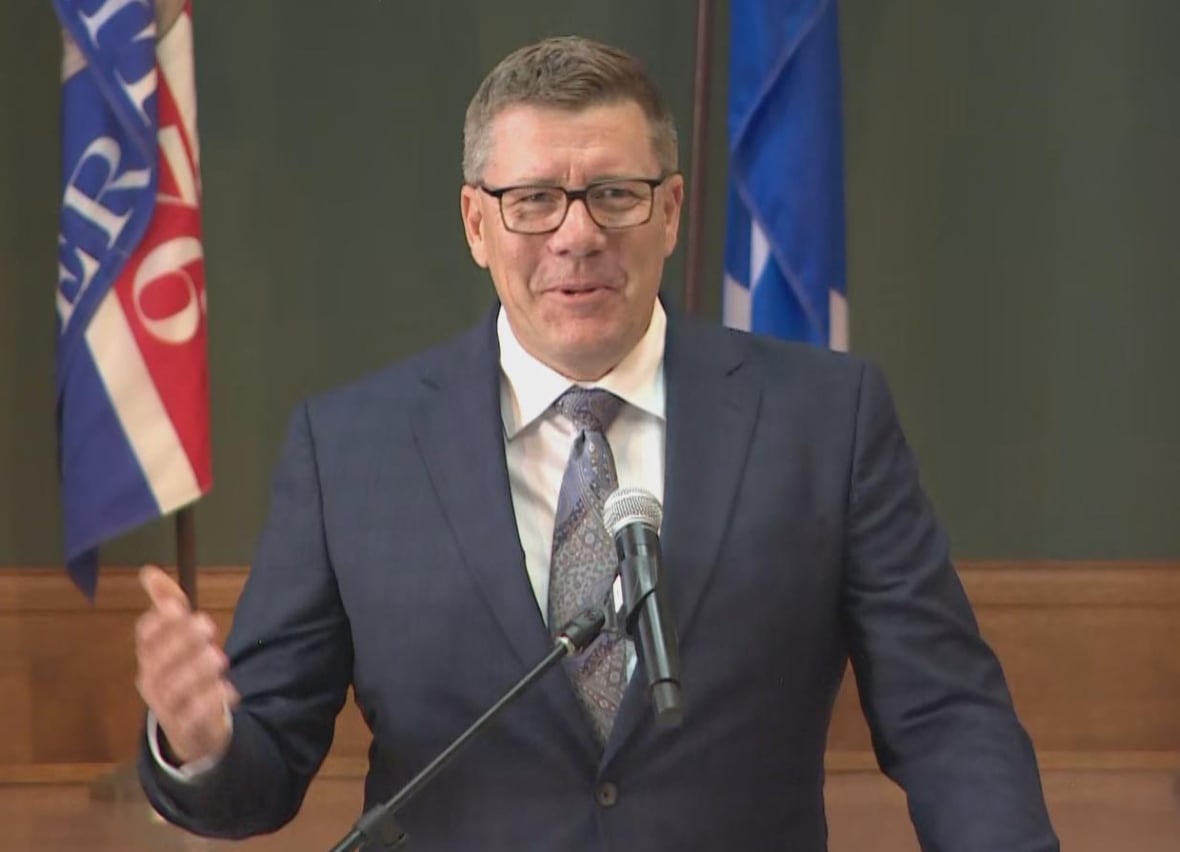
'Uncertainty is the only thing that is certain': Sask. farmers react to Chinese duty on canola
Published: 2025-08-13 15:18:57 | Views: 7
Canola producers say they're not surprised about China's latest move in its ongoing trade war with Canada.
"Everybody was kind of expecting this day to come. It was just a matter of when and what level the tariffs were going to be applied at," said Bill Prybylski, president of the Agricultural Producers Association of Saskatchewan.
On Tuesday, China's Ministry of Commerce announced a 75.8 per cent preliminary duty on Canadian canola seed after an anti-dumping investigation it began last year.
China claims the "dumping" of Canadian canola into the Chinese market is hurting its domestic canola oil market.
The investigation — and the 100 per cent tariff levied on Canadian canola oil and meal in March — were launched in response to Canada's 100 per cent tariff on Chinese electric vehicles.
Ottawa has said China has until September, when its investigation formally ends, to make a final decision on the duties, but it could extend the deadline by six months.
'Caught in the middle'
While the latest round of canola tariffs were expected, that doesn't make the process any less frustrating for producers like Prybylski.
"We feel like we're caught in the middle of a trade war that we neither wanted, or started, or have any influence on," he said, speaking with CBC News from his farm near Yorkton, Sask., about 175 kilometres northeast of Regina.
Multiple agricultural and canola associations say China's move effectively shuts Canadian canola out of the Chinese market.
According to the Canola Council of Canada, China is the largest market for canola seed and the second largest market for Canadian canola.
The latest data provided by the council shows Canada's canola exports to China totalled $4.9 billion in 2024.
For now, producers are cautiously watching the price of canola.
Rick White, president and CEO of the Canada Canola Growers Association, said it is too early to tell what those prices might look like. But with the harvest of this season's crop set to get underway in the coming weeks, there's no doubt this is going to be "economically painful," he said.
"The price is likely to sag, the opportunity to deliver will likely be slowed and it could be a rough road here for the next year," White said.
Prybylski agreed, saying he believes many producers will likely have to sell their products at a loss.

Saskatchewan Premier Scott Moe lamented the new duty's effects on producers in the province.
Speaking in Saskatoon on Tuesday, Moe said he has reached out to Prime Minister Mark Carney to speak with him on the issue and get it "dealt with immediately."
Moe said the Canadian canola sector is larger than the steel, aluminum and electric vehicle industries combined.
"Our federal government cannot sacrifice a $43-billion canola industry, 200,000 jobs in that industry that is largely based, in fairness, in Western Canada, to protect the fledging electric vehicle industry, largely based in Eastern Canada," Moe said.
In early June, Canadian and Chinese trade ministers committed to meet to address trade issues.
In a post on social media Tuesday, the Chinese Ministry of Commerce said officials from both countries met four days ago and discussed trade and ways to deepen co-operation.
The Prime Minister's Office deferred comment on China's latest canola tariff to the minister of international trade, who did not immediately respond to a request for comment.
Saskatchewan Opposition NDP Leader Carla Beck urged Moe to visit China immediately.
"Given the level of threat we see right now, it doesn't make any sense to me that we are not using that office today to deal with this," she said in Regina.
Moe said he's open to going on a trade mission to China with Carney. Saskatchewan has a trade office in Shanghai and Moe went there in 2018.
China remains a top importer of Canadian canola, but it exports few electric vehicles to Canada.
Canada has justified its levies on Chinese electric vehicles by arguing they protect planned investments at home. Canada also matched a similar move by then-U.S. president Joe Biden, who hit Chinese EVs with American tariffs.
Chinese EVs are significantly cheaper than North American-made EVs, in part because of lower labour and environmental standards, and state subsidies.
Cathy Holtslander, director of research and policy at the National Farmers Union, said that although the latest canola announcement is not ideal, Canadians shouldn't panic.
Speaking in Saskatoon, Holtslander said the sale of canola to export markets doesn't really begin until October. That means the effect may not be immediate.
Holtslander said she believes the latest announcement is a negotiation tactic and could be resolved politically.
"The politics are extremely complex and unpredictable. I think uncertainty is the only thing that is certain now."
Source link








